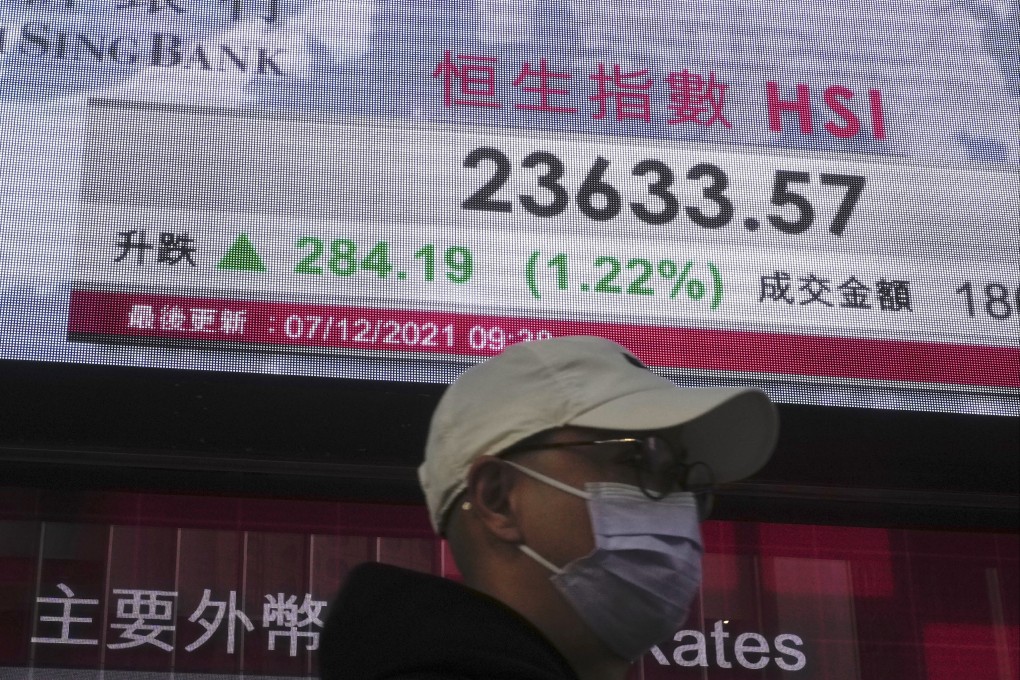Financial confidence is improving among ‘rising affluent’ Hongkongers, according to Charles Schwab survey
- Survey indicates the highest level of financial well-being in three years according to a set of criteria: Charles Schwab
- Respondents also reported increased investment amounts and a higher risk tolerance this year

Confidence about personal finances is growing among affluent Hongkongers, according to a survey by US brokerage Charles Schwab, with respondents turning to more aggressive investment strategies as the economy recovers from the pandemic-induced recession.
An index tracking the financial well-being of this group of “rising affluent” has been steadily increasing since 2019 based on a set of criteria, the survey published on Tuesday showed, while a confidence sub-index reached the highest level in three years as fewer people cited Covid-19 as a primary concern.
“It’s indicative of things being in the right direction,” said Michael Fong, managing director at Charles Schwab’s unit in Hong Kong. “Because it’s showing the fading effect of Covid-19, and hence, the effect of investors having a bit more confidence in the market and hence increasing their investment amounts.”
The brokerage, which manages almost US$8 trillion of clients’ money, commissioned Nielsen to conduct an online survey from September 17 to October 7. It asked 1,020 people in Hong Kong aged 18 to 65 earning between HK$20,000 and HK$80,000 a month, the city’s so-called “rising affluent.”
Compared with last year, 5.4 per cent more respondents replied that they had satisfaction with their financial status, and 2.5 per cent more believed they have better financial growth prospects. Stable household income was the number one contributor to higher confidence.